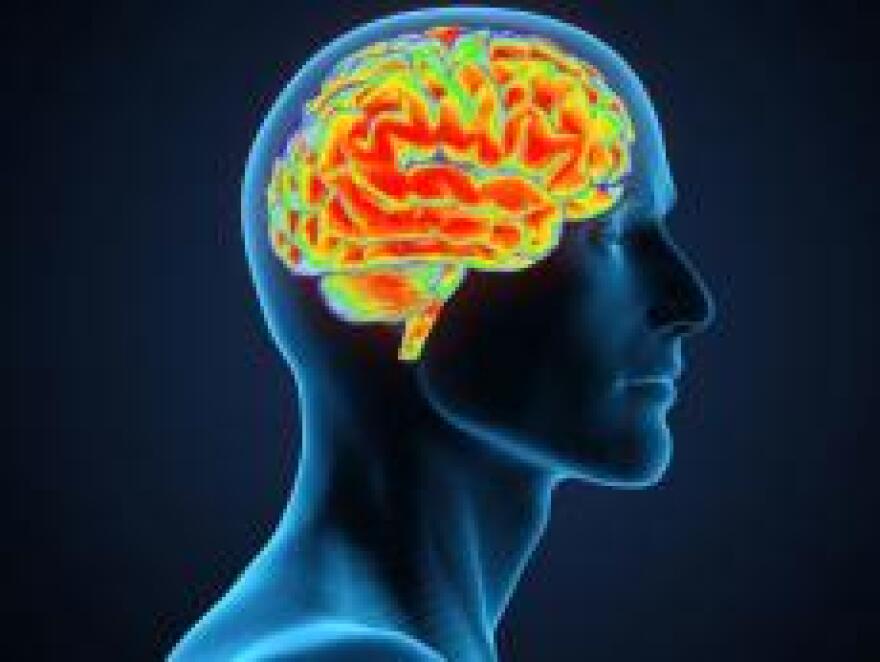Alzheimer's disease is the most common form of dementia.
More than 5 million Americans have it, and that number is expected to possibly triple in the next few decades.
There's no known cure, so the shift now is to prevention - like the vaccines we take to prevent polio or the flu.
The Lou Ruvo Center for Brain Health in Las Vegas is working on two studies now, called the Generation Study and the Early Study.
“These are very exciting studies," Dr. Aaron Ritter told KNPR's State of Nevada, "We’ve never done studies like this before.”
The Lou Ruvo Center is one of 100 sites where the study, which is being funded by the National Institutes of Health, is being done.
Ritter said the study is focused on people who don't have the disease but could be at higher risk. Researchers are giving those subjects medications that are known to reduce amyloids in the brain.
“The concept behind this study is to see if these medicines that reduce the amount of amyloid in the brain prevent Alzheimer’s disease,” he said.
In the brain of an Alzheimer's disease patient, proteins known as amyloids build up, clump together and create plaques, which impact the entire brain.
A patient we're calling 'Ed' to protect his privacy became a participant in the study at the center after both his parent were diagnosed with senile dementia and he tested positive for a gene that increases a person's risk of developing Alzheimer's.
While most people would be devastated by the news that they're at a higher risk for developing Alzheimer's, Ed had a sense of relief.
“I feel like I’m in a place where I have a chance through the clinical study to experience some prevention of the onset or at least the progression of it," he said.
Currently, he doesn't have any signs of the disease and he's hopeful doctors will find a way to prevent.
He said when the country gets behind a problem it will find a solution. He pointed to the effort in the 80s and 90s to stop the spread of AIDS/HIV as an example of how the medical community can work together.
Ritter is also very hopeful that a solution is right around the corner, despite the fact that a new drug for Alzheimer's hasn't been approved since 2003.
“I think we’re on the precipice of making some very interesting findings,” he said.
He said the center is looking for more participants. If you're interested, contact him through email.
Aaron Ritter, doctor, Lou Ruvo Center for Brain Health; Ed, anonymous study participant









